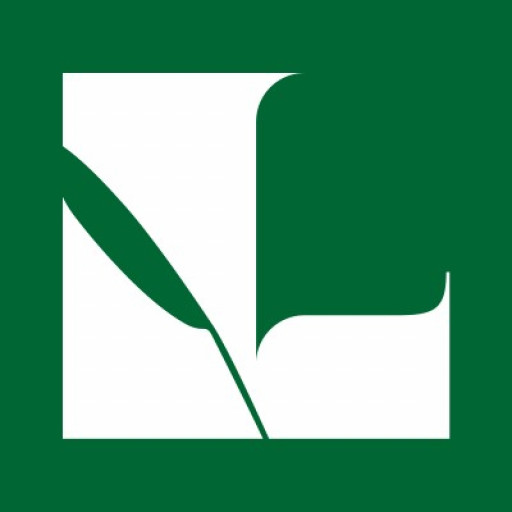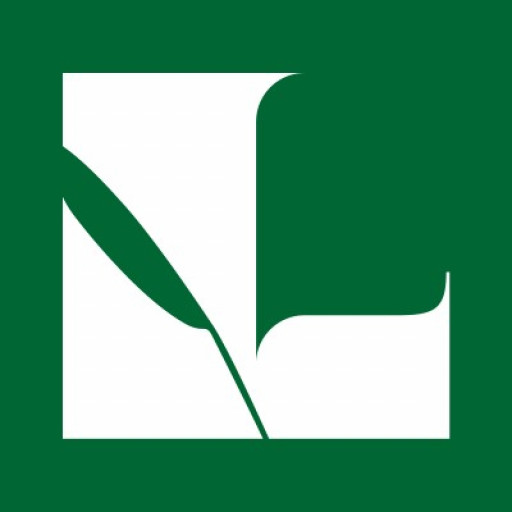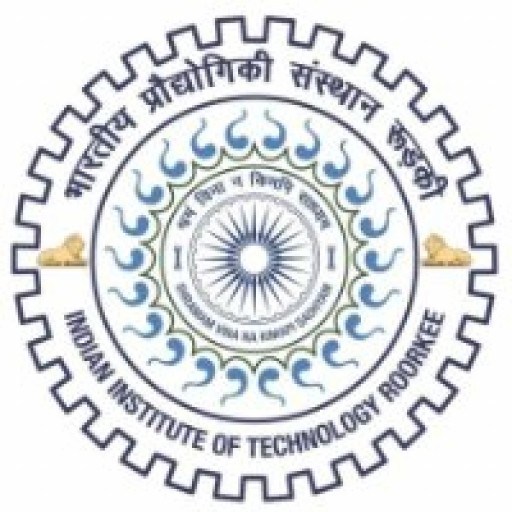Photos of university / #uniofstandrews
The Bachelor of Science (Honours) in Computer Science at the University of St Andrews offers a comprehensive and rigorous exploration of both fundamental and advanced topics in computing. Designed to equip students with a strong theoretical foundation and practical skills, the programme covers a broad range of areas including programming, algorithms, data structures, systems design, software engineering, databases, artificial intelligence, machine learning, cybersecurity, and human-computer interaction. Throughout the course, students will develop the ability to think analytically and solve complex computing problems, preparing them for a variety of careers in technology, research, and innovation.
The curriculum emphasizes a balanced approach between practical laboratory work and theoretical study, ensuring students gain hands-on experience alongside a deep understanding of underlying principles. The programme encourages critical thinking, teamwork, and communication skills, which are essential for success in today’s fast-evolving digital world. Students also have opportunities to undertake independent research projects, engage in collaborative work, and participate in internships or industry placements, thereby bridging academic knowledge with real-world applications.
The programme is structured over three years (or four years for the optional placement year), with each year building on the previous one. In the initial year, students are introduced to core concepts such as programming languages, computer architecture, and mathematical foundations. In subsequent years, they can choose from a range of optional modules allowing them to specialise in areas like machine learning, cybersecurity, or software development. The final year often culminates in a substantial research project, demonstrating the student’s ability to conduct independent inquiry.
With a vibrant academic community and state-of-the-art facilities, the University of St Andrews provides an excellent environment for aspiring computer scientists. Graduates of this programme are well-prepared for careers in software development, data analysis, cybersecurity, academia, or further postgraduate study. They benefit from the university’s strong links with industry and research institutions, enabling valuable networks and professional opportunities. The programme's focus on critical thinking, technical expertise, and innovative problem-solving ensures graduates are equipped to contribute meaningfully to the evolving field of computing.
Our approach to Learning and Teaching is a little like the University itself: a mix of very traditional and very new. In every subject, we take care to cover all the bases, on the one hand familiarising our students with the knowledge and theories that are essential to understanding of the discipline; and on the other, giving you a chance wherever possible to develop practical uses for the expertise you acquire. From this starting-point, we expect our students increasingly to design their own studies, by selecting options and undertaking research-based activities that they devise by themselves, with support from academic staff.
Students put together their programme of studies by selecting a combination of compulsory and optional modules from our Course Catalogue. The Catalogue describes each module and gives information about the learning, teaching and assessment methods used. Some course available at a University are:
- Object-Oriented Programming. This module provides an introduction to object-oriented modeling and programming, using UML and Java. No previous programming experience is assumed (20 credits).
- Programming with Data. This module explores various aspects of data storage, processing and analysis. Programming skills are reinforced through a range of exercises and practicals covering various aspects of data handling. Topics include: persistent data formats; files and databases; file manipulation; binary and textual data; data processing using open source libraries; database design and use; object-relational mapping frameworks; processing and analysing data; issues of scale. Themes related to current research in the area of data science and big data are emphasised (20 credits).
- Computer Science in Everyday Life. This module introduces key ideas of Computer Science through examination of the working of devices and services which are part of modern everyday life, such as search engines, personal music players, mobile telephones and social networking sites. Students are led to develop an understanding of some fundamentals of Computer Science, as well as gaining transferable skills in critical reading, research in the technical literature and essay writing (20 credits).
- Programming Projects. This module reinforces key Java programming skills gained in CS1002, by means of a series of coursework assignments posed as mini-projects. These are designed to offer increasing depth and scope for creativity as the module progresses (20 credits).
- Computer Science Skills. This module develops academic and transferable skills in problem-solving, team-working, information retrieval and analysis, and study skills. It is a core module of the Computer Science (Gateway) programme (20 credits).
- Foundations of Computation. This module introduces the fundamental algorithms, data structures and ideas about formal languages lying at the heart of modern software, and develops skills in programming and analysis (30 credits).
- Computer Systems. This module develops skills in programming in C, systems programming, digital logic and low-level computer organisation (30 credits).
- The Internet and the Web: Concepts and Programming. This module introduces the student to the Internet and the World Wide Web from a Computer Science perspective. It consists of two complementary streams: computer networks and web-based computing. Both streams introduce key concepts, current technologies, programming abstractions and the practical aspects of programming web pages and network applications (30 credits).
- Advanced Programming Projects. This module introduces the functional and dynamic programming paradigms, using languages such as Haskell and Python. Understanding is reinforced through extensive practical exercises (30 credits).
- Foundations of Computation (Accelerated). This module is an accelerated version of CS2001. It includes necessary background material from core firstyear modules, as well as the same content as CS2001 (40 credits).
If you are interested in undergraduate study at St Andrews, you must meet the University's entrance requirements as outlined below, as well as the entrance requirements set by the relevant Faculty for your programme of study.
Selection for an offer of a place will include consideration of the following information as part of the candidate's application:
- Academic qualifications, both already gained and/or predicted
- Evidence supporting predicted grades
- The context in which qualifications have, or will be, achieved
- Personal statement
- Academic references
- Where appropriate, performance at interview
- Where appropriate, relevant work or other experience
- Where appropriate, English language ability
If you have graduated from high school in Russia with a national school leaving certificate (Certificate of Secondary (Complete) General Education Attestat o Srednem (Polnom) Obshchem Obrazovanii), we would also expect you to have one of the following:
- A recognised foundation programme certificate. The University's Centre for International Foundation Programmes (CIFP) offers a range of programmes providing an excellent preparation for undergraduate academic study and we welcome students with strong Attestat scores.
- At least 3 A Levels
- An IB Diploma
- At least 5 'Group A' advanced placement subjects
If you are studying a foreign language qualification and you wish this to be considered, it should be in a language that is foreign to you and should not be in your first language. You should indicate in your personal statement that the foreign language qualification you are studying is not your first language. If this is not the case your application may be considered less competitive.
International Undergraduate Scholarship
These entrant scholarships are for international students who will be studying at St Andrews for an undergraduate degree starting in 2016. The scholarships will be awarded as a tuition fee reduction of up to £4,000 per year for each year of the student's undergraduate studies and will be awarded on the basis of financial need.
BA International Honours Scholarship: Scholarship for Excellence
The BA International Honours Scholarship is available to students entering first year of the BA International Honours Programme commencing at St Andrews. The Selection Committee seeks applicants who are gifted students with academic excellence. The successful scholars will be expected to fulfil an ambassadorial role and represent the University at a number of events and contribute to various University publications. 4 awards are available: 3 awards of $6,000 (USD) per annum and 1 award of over $6,000 (USD) per annum.
Accommodation Award
Prospective students can apply for financial support for their University accommodation fees. The award is £3,000 per annum for the first two years of study and is means-tested, based on financial need. In order to be eligible, applicants must have a gross annual household income of under £34,000.
The Kinnessburn Scholarship
The Kinnessburn Scholarship is awarded annually to a student who has successfully completed a foundation programme at the Centre for International Foundation Programmes and is moving on to an undergraduate degree programme within the University of St Andrews. Value of award (per year) is £2,000.
The Bachelor of Science (BSc) in Computer Science at the University of St Andrews offers students a comprehensive education in the fundamental principles and practical skills required to thrive in the rapidly evolving field of computing. The program encompasses a broad range of topics, including programming, algorithms, software development, systems architecture, databases, artificial intelligence, machine learning, computer graphics, and cyber security. Designed to develop both theoretical understanding and practical expertise, the course combines lectures, tutorials, practical laboratory work, and project-based learning to ensure students gain hands-on experience.
Students benefit from state-of-the-art facilities and resources, including modern computer labs equipped with industry-standard hardware and software, fostering an environment conducive to innovation and experimentation. The curriculum is continuously updated to reflect the latest developments in technology and research, ensuring graduates are well-prepared for careers in academia, industry, or entrepreneurial ventures. In addition to core computing modules, students have opportunities to explore interdisciplinary areas such as computational biology, data science, and digital humanities, allowing for a tailored educational experience aligned with personal interests and career goals.
The program emphasizes teamwork, problem-solving, and communication skills, which are vital in the professional world. Students also have access to a range of extracurricular activities, including coding clubs, hackathons, internships, and collaborative projects with industry partners, providing valuable networking opportunities. The university's strong industry links facilitate placements and internships, helping students gain real-world experience and improve employability post-graduation.
Research-led teaching and the university's vibrant academic community ensure students are engaged with cutting-edge research projects and innovative technologies. The program typically takes three or four years to complete, depending on whether students choose to undertake a placement year. Graduates of the program are well-equipped to pursue careers in software development, systems analysis, data analysis, cybersecurity, research, or further studies in postgraduate programs. Overall, the Computer Science BSc at the University of St Andrews aims to produce versatile, skilled computing professionals capable of contributing significantly to technological advancement and innovation.









